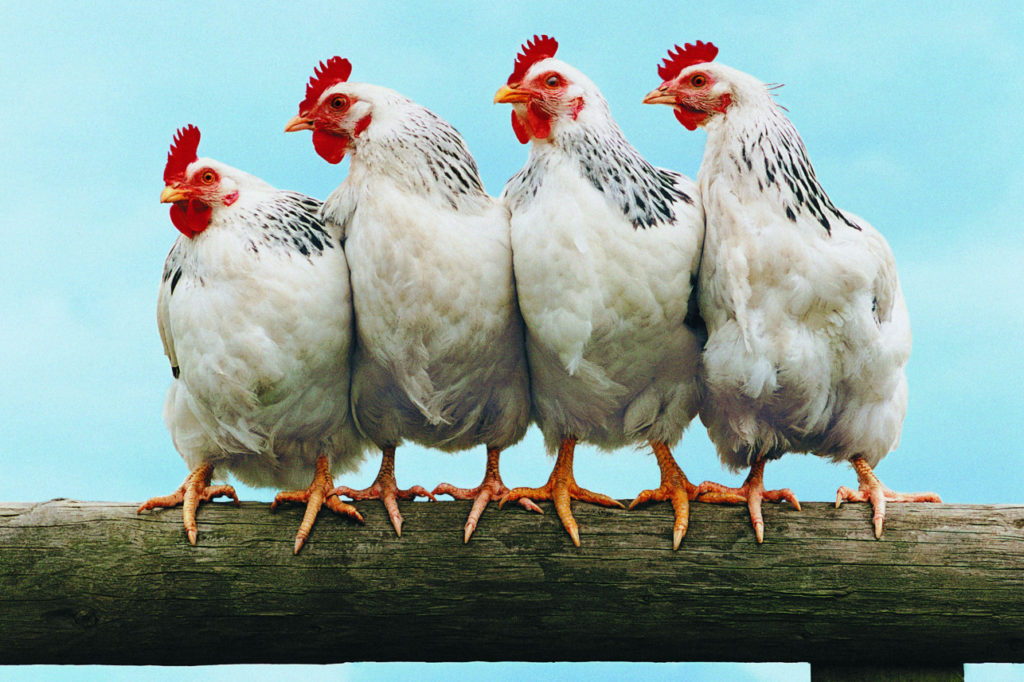Avian Influenza Virus – Found in Tennessee
Check out the YouTube link below for information from the Tennessee State Veterinarian, Dr. Charles Hatcher.

Dr. Charles Hatcher Interview – Part I
Dr. Charles Hatcher Interview – Part II
Avian Influenza Virus – Update for Tennessee Residents

Tennessee Department of Agriculture
What Does The Specialist Say? : The University of Tennessee Veterinarian
Keep Your Distance
Restrict access to your property and your birds. Consider fencing off the area where you keep your birds and make a barrier area if possible. Allow only people who take care of your birds to come into contact with them. If visitors have birds of their own, do not let them near your birds. Game birds and migratory waterfowl should not have contact with your flock because they are carriers of Avian Influenza.
Keep It Clean
Wear clean clothes, scrub your shoes with disinfectant, and wash your hands thoroughly before entering your bird area. Clean cages and change food and water daily. Clean and disinfect equipment that comes in contact with your birds or their droppings, including cages and tools. Remove manure before disinfecting. Properly dispose of dead birds.
Don’t Haul Disease Home
If you have been near other birds or bird owners, such as at a feed store, clean and disinfect car and truck tires, poultry cages, and equipment before going home. Have your birds been to a fair or exhibition? Keep them separated from the rest of your flock for at least 2 weeks after the event. New birds should be kept separate from your flock for at least 30 days.
Don’t Borrow Disease from Your Neighbor
Do not share lawn and garden equipment, tools, or poultry supplies with your neighbors or other bird owners. If you do bring these items home, clean and disinfect them before they reach your property.

Quick Links
- Tennessee Poultry Association
- National Poultry Improvement Plan
- Murray McMurray Hatchery
- Ideal Hatchery
Resources for Backyard Poultry
- Brooding Chicks from the Beginning
- Basic Chick Care
- USDA Do’s & Don’ts While Handling Chicks
- Backyard Chicken Basics
- Housing Backyard Chickens
- Intestinal Parasites
Resources – Commercial Operations
- Protecting Your Farm: Are you Prepared?
- Biosecurity: Who is Responsible?
- On-Farm Composting of Poultry Litter
- Treating Broiler Litter with Alum
- Management of Nipple Watering
- Site Selection for New Facilities
- Permit Requirements: Waste Management
- Poultry Litter: Sampling & Testing
- Guidelines for a Nutrient Management Plan